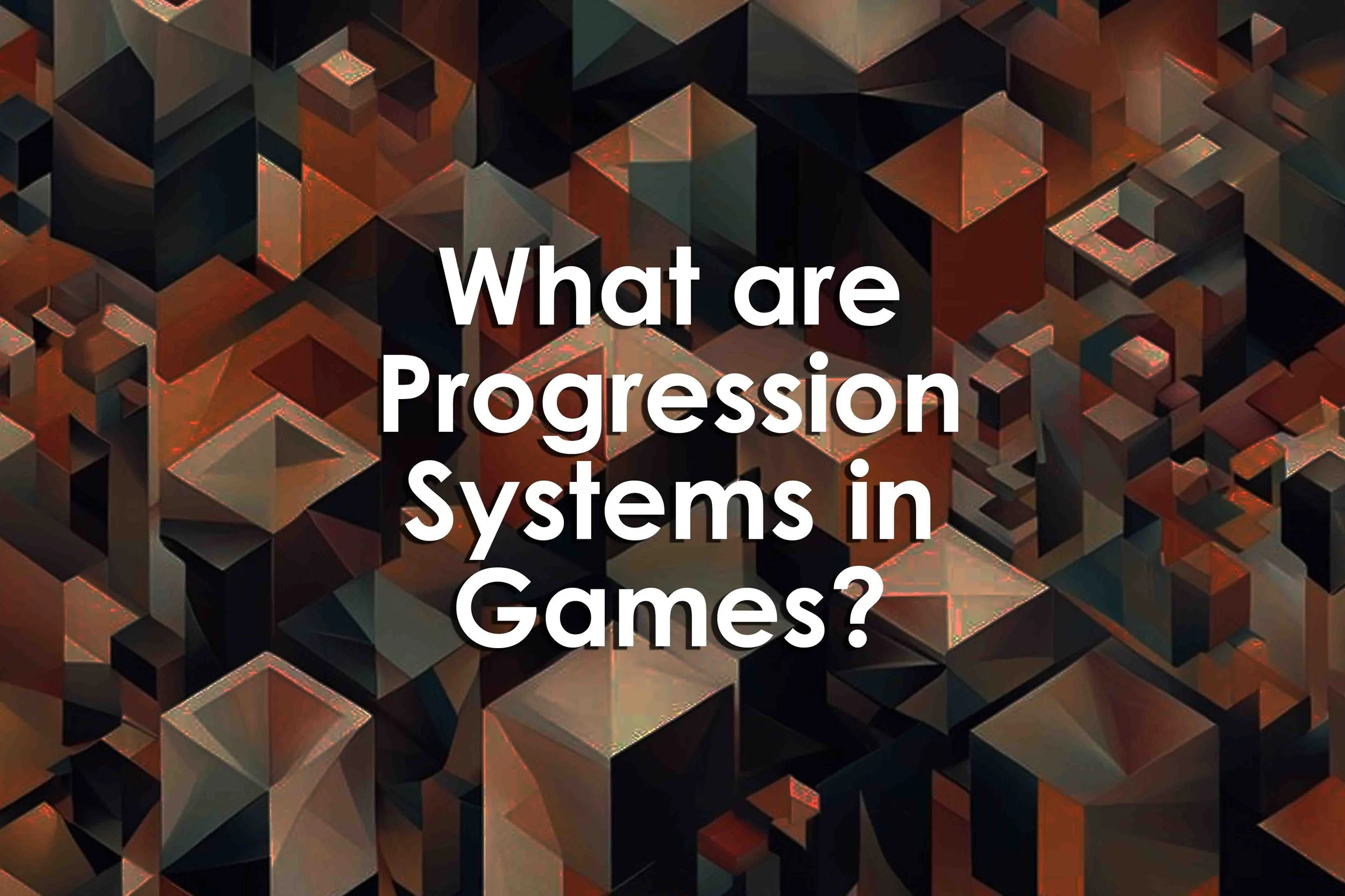Escape rooms—originating from video games—blend storytelling and teamwork into puzzle-solving adventures. This article explores using them in education: designing them around learning outcomes, fostering collaboration, enhancing engagement, and applying knowledge actively. It also examines escape boxes, digital variants, practical challenges, and the overall impact on student learning experiences.
Read MoreThe article examines core dynamics in game design, emphasizing their impact on player experiences. Using the Mechanics-Dynamics-Aesthetics (MDA) framework, it defines mechanics as gameplay's foundation and dynamics as behaviors emerging from interactions. Core dynamics, such as racing, collection, and exploration, unify mechanics with aesthetics to engage players and achieve goals.
Read MoreThis article explores the classification of games into competitive, cooperative, and hybrid types, analyzing their structures, goals, and social impacts. It discusses challenges in categorization, the history and applications of each type, and how games can enhance teaching, learning, and social-emotional development through tailored design and player engagement.
Read MoreThis article will address how to develop, adapt, and apply existing and new games for these purposes. It’ll first cover the overall applications of games-based learning and then cover examples on how formal game elements and different criteria can be used to meet these learning outcomes. Specific types of games, formats, and modalities will be explored as well as how their specific characteristics benefit applied games-based learning. Furthermore, specific steps for how to prepare to use and design games for learning outcomes will be discussed.
Read MoreThis article will examine progression systems in games closely. It’ll start by defining these systems and why they are so important. Different types of progression systems will be covered as well as how common features of progression systems are present in games. The core loop, as well as goals and objectives of games are tightly connected to progression systems. Therefore, these disparate areas will be connected and related to how different examples of progression systems use them in concert with one another.
Read MoreThis article will review megagames. It’ll define what megagames are as well as the history of megagames. The structure of megagames will be explained as well as how role-playing and engagement occurs within the game. Player hierarchies are an interesting component of megagame structure and will be explored in greater depth. Megagames are administered by a certain group of people called “control.” Their engagement greatly impacts the player experience. Design aspects of megagames will be covered as well as how megagames can be used for games-based learning.
Read MoreThis article will address the “engagement curve” of games and how it affects player and user engagement. It will cover what should be prioritized when creating engaging games as well as how timing works in the engagement cycle. This curve is discussed for continual player engagement as well as how most popular apps utilize this for monetization purposes. Finally, this article closes out on why engagement is important for games and how it can be harnessed for serious game development.
Read MoreGames are a type of work if you think about it. We invest our time in games. We give games our attention and our mental capacities. But why do we do that?
What makes play work? The answer is that great work is also great play. Great play makes us more productive. That means that great games can also help us become better, and more productive, individuals.
Let’s examine game play as work, and why we continue to play games, despite difficulties to the contrary. Part of why we continue to play is because we enjoy the feelings of “competent engagement” that we get from games. This allows us to get more serious about our work. It also affects how we approach game play.
Read More







